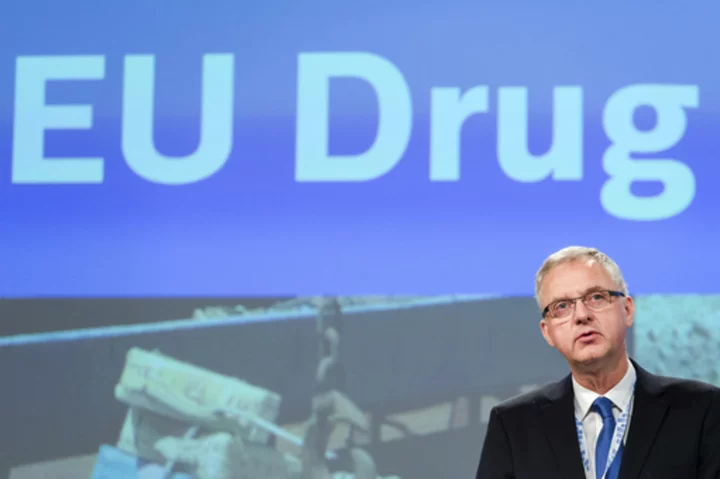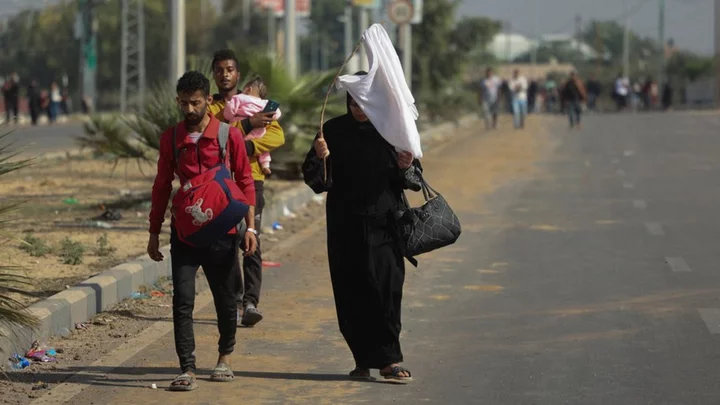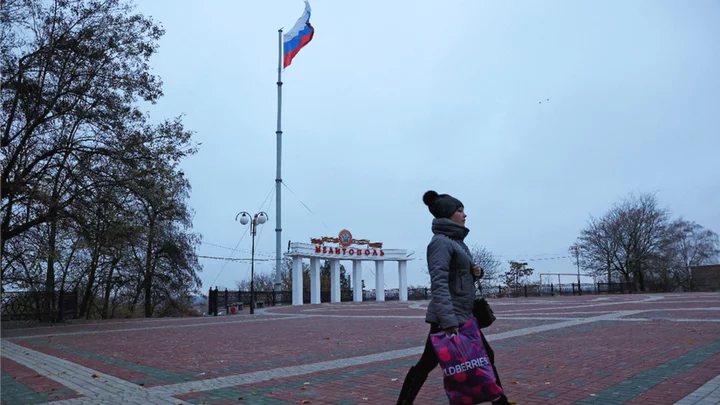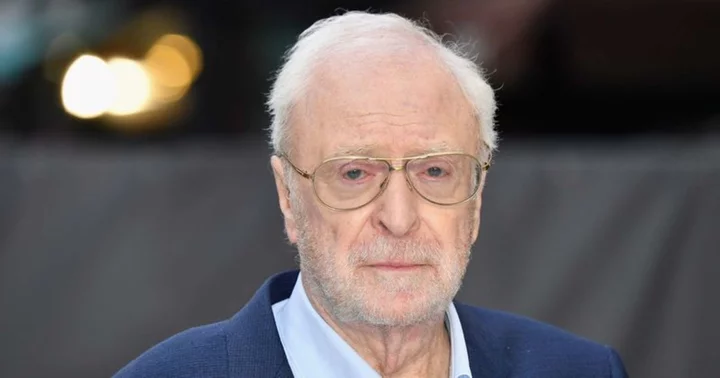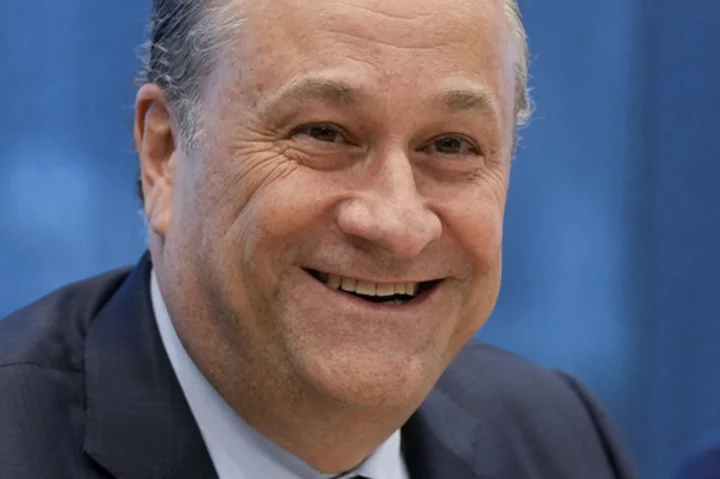BRUSSELS (AP) — New harmful illicit drugs are inundating a flourishing market for traffickers amid violence and corruption hurting local communities across Europe, the EU's agency monitoring drugs and addiction said Friday.
The grim finding was part of the agency's annual report. It also said that drug users in Europe are now exposed to a wider range of substances of high purity as drug trafficking and use across the region have quickly returned to pre-COVID 19 pandemic levels.
Cannabis remains the most-used illicit substance in Europe, the agency found, with some 22.6 million Europeans over the age of 15 having used it in the last year. Cocaine seizures are “historically high” and new synthetic drugs whose effects on health are not well documented are worrying officials.
In 2022, 41 news drugs were reported for the first time by the agency.
“I summarize this with the phrase: ‘everywhere, everything, everyone,’” said European Monitoring Centre for Drugs and Drug Addiction Director Alexis Goosdeel.
“Established illicit drugs are now widely accessible and potent new substances continue to emerge," Goosdeel added. "Almost everything with psychoactive properties can appear on the drug market.”
Among the new popular substances are ketamine and of nitrous oxide — so-called laughing gas — are raising concern over reported cases of bladder problems, nerve damage and lung injuries associated with users. Alongside the high availability of heroin on the continent, synthetic opioids are on the rise and have been linked to deaths by overdose in Baltic countries.
The report said the opioids situation in Europe is not comparable with the dramatic picture in North America, where overdoses caused by fentanyl and other opioids have fueled a drug crisis. But the agency warned that this group of drugs is a threat for the future, with a total of 74 new synthetic opioids identified on the market since 2009.
“I am deeply concerned that the substances consumed in Europe today may be even more damaging to health than in the past,” said Ylva Johansson, the European Commissioner for Home Affairs.
New cannabis products such as the cannabinoid HHC produce strong psychoactive effects and pose another source of concern, especially since they can be found legally in several countries from the 27-nation bloc due to legislation loopholes. France, for instance, only added it to the list of prohibited substances earlier this week.
Meanwhile, record amounts of cocaine are being seized in Europe, with 303 tons stopped by EU member countries in 2021. According to the report, 75% of that quantity was seized in Belgium, the Netherlands and Spain, with the ports of Antwerp and Rotterdam now the main gateways for Latin American cocaine cartels into the continent.
The EMCDDA said the quantity of cocaine seized in Antwerp, Europe’s second largest seaport, rose to 110 tons from 91 in 2021, according to preliminary data.
In addition, EU countries reported the destruction of 34 cocaine labs as well as large seizures of a precursor necessary to produce cocaine, confirming that “large-scale cocaine production steps take place in the European Union.”
The expansion of the cocaine market has been accompanied by a rise in violence and corruption in the EU, with fierce competition between traffickers leading to a rise in homicides and intimidation.
In Belgium, federal authorities say drug trafficking is penetrating society at quick speed as foreign criminal organizations have built deep roots in the country, bringing along their violent and ruthless operations.
In the Netherlands, killings hit ever more prominent people, while trafficking in Antwerp has led to a surge of violence in recent years, with gun battles and grenade attacks taking place regularly. In Brussels, the justice minister was put under strict protection last year following the arrest of four alleged drug criminals suspected of taking part in a plot to kidnap him.
“My recent visits to European sea ports, and to Latin America, highlighted that drug traffickers continue to infiltrate supply chains, exploiting workers and negatively impacting communities through violence and corruption,” Johansson said. “It is crucial that the EU cooperate with third countries in the global fight against drug trafficking.”

